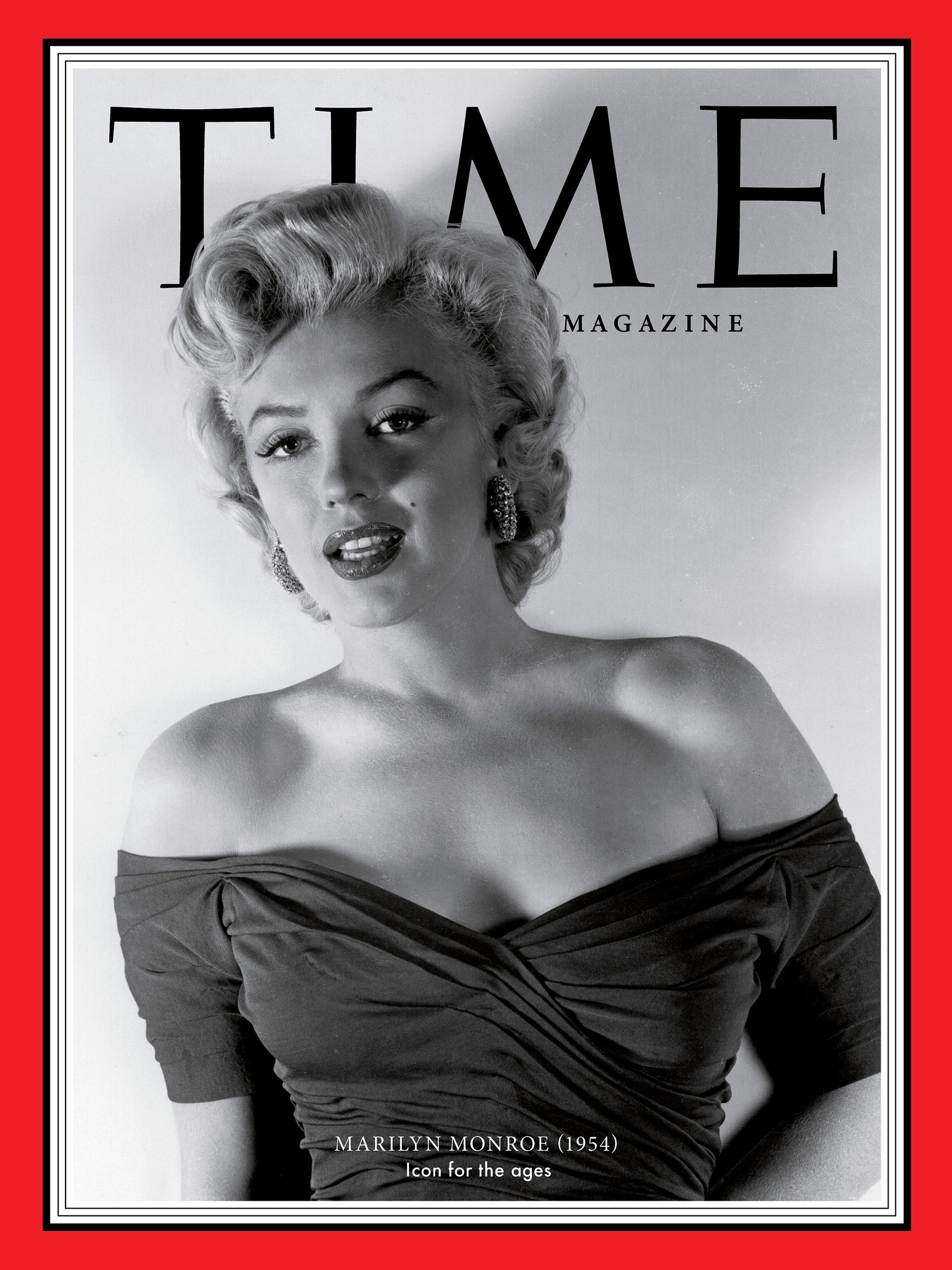In 1954, Marilyn Monroe—already a sex symbol and a movie star—posed on the corner of Lexington Avenue and 52nd Street in New York City, for a scene intended to appear in her 1955 film The Seven Year Itch. The breeze blowing up through a subway grate sent her white dress billowing around her, an image that lingers today like a joyful, animated ghost. Monroe was a stunner, but she was also a brilliant actor and comedian who strove to be taken seriously in a world of men who wanted to see her only as an object of desire. Today, especially in a world after Harvey Weinstein’s downfall, she stands as a woman who fought a system that was rigged against her from the start. She brought us such pleasure, even as our hearts broke for her. —Stephanie Zacharek
This article is part of 100 Women of the Year, TIME’s list of the most influential women of the past century. Read more about the project, explore the 100 covers and sign up for our Inside TIME newsletter for more.
